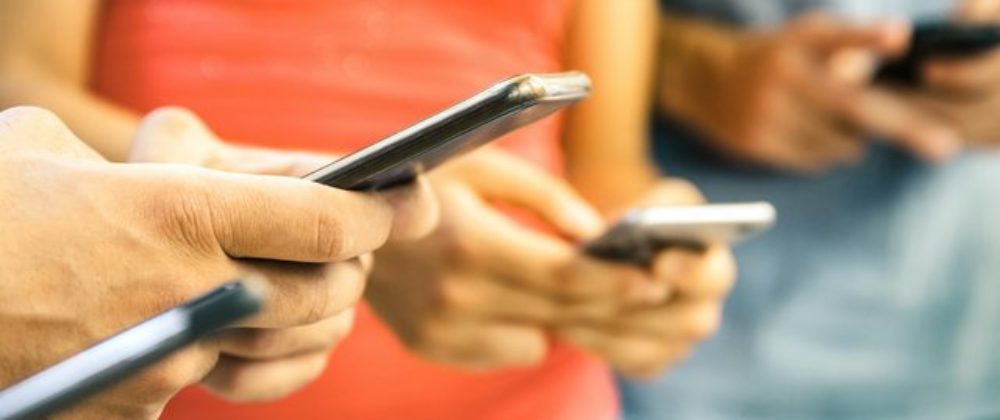Let’s make this clear: in this case technology refers more to the Internet itself rather than specific devices, and I am definitely not talking about devices like a refrigerator or a vacuum because they are examples of technology after all.
I am also not declaring that the Internet is the root of all evil and has ruined us all. That simply is not true. This website exists because of the Internet, and you are most likely viewing it using your PC, laptop, tablet, or smart phone. Today, it seems a bit impossible to live without the Internet and some sort of device to provide access to it.
Two summers ago, I traveled to Kashmir, an extremely rural and mountainous region in Northern Pakistan. The area that I lived in had access to the Internet from only 2 am to 6 am, and even that was unreliable. For four weeks, I would stay awake during those hours attempting to connect to my friends in New York. It even got to the point where I planned my entire sleep schedule around that specific time so I could still feel connected to the rest of the world. I didn’t understand how the people who lived there their entire life were fine with not having immediate access to the world at all times with a few taps of their fingertips.
That being said, I think it’s time we discuss the very real dangers of being addicted to the Internet as well as the media through which we access it. In 2018, the World Health Organization recognized Internet gaming as an addiction that can be diagnosed. However, we must go further and acknowledge that technology has the means to affect both individuals and communities.
Teenagers especially are susceptible to these effects. They are in the time when they’re discovering who they are as a person. As author and psychologist Jean Twenge discusses, the psychological development of these teens is negatively affected. Technology and the Internet promote multitasking, which has been consistently correlated with poor cognitive and mental health outcomes.
Using social media platforms such as Instagram, Twitter, and Snapchat, we can connect with people all around the world. This type of connection can also have dire consequences, however. Users report feelings of self-consciousness, low self-esteem, and the infamous FOMO – fear of missing out. Research found higher rates of depression and anxiety in people who use several social media platforms compared to those who only use two.
Our increased use of technology has shortened our attention span and negatively affected our ability to focus. Now we are relying on the same devices that increase anxiety to help stimulate and soothe us.
According to a study done in 2018, the average adult in the U.S. spends more than 11 hours a day engaging in technology and the Internet. If there were anything else that we were interacting with for almost half our day, we would be looking into how that thing impacts us. It is time we have an explicit and informed conversation about the impacts of our use of technology.


